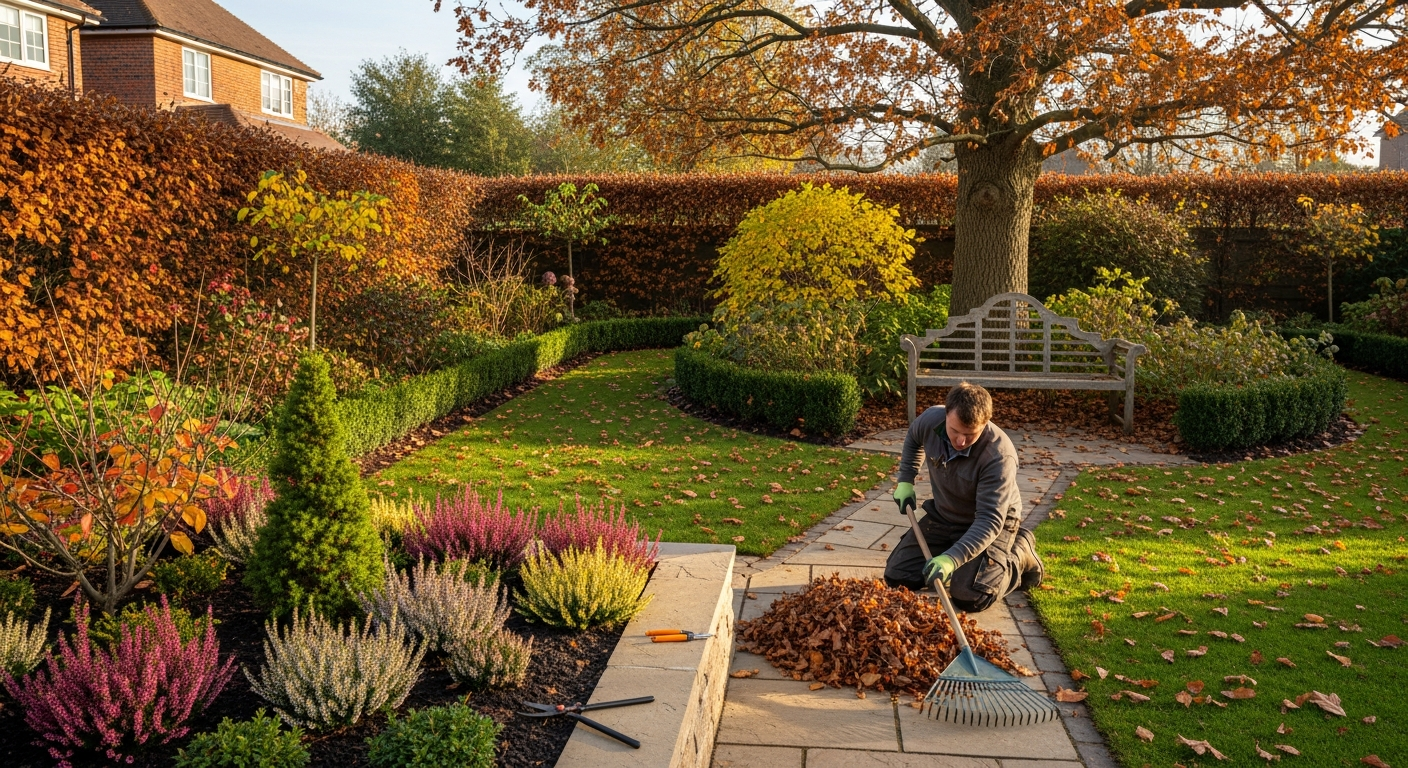Beyond Mindfulness: The Emergence of Embodiment Practices for Wellness
In recent years, mindfulness has taken center stage in the wellness world, with countless studies documenting its benefits for mental and physical health. But there's a new trend on the horizon: embodiment practices. While mindfulness asks us to be present with our thoughts, embodiment goes a step further by inviting us to tune into our bodies as well.

Understanding Embodiment Practices
Embodiment practices can be traced back to ancient healing traditions, but it’s only recently that they’ve gained traction in the realm of modern wellness. These practices involve grounding awareness in the body to promote physical, mental, and emotional well-being. They range from somatic therapies to mindful movement, body scan meditations, and tactile experiences like forest bathing.
Reasons for the Rise of Embodiment Practices
With the digital age ushering in an era of constant connectivity, many people are feeling increasingly disconnected from their bodies. This dichotomy, coupled with rising stress levels and mental health issues, has prompted a shift towards more holistic wellness approaches that incorporate both mind and body. Embodiment practices offer a direct pathway to this integrated well-being.
The Science Behind Embodiment Practices
Emerging research supports the benefits of embodiment practices. Studies suggest that they can help manage stress, reduce anxiety and depression, improve body image, and even enhance cognitive function. They work by helping individuals to tune into their bodily sensations and emotions, fostering a deeper sense of self-awareness and self-compassion.
Key Insights from the Field
- Embodying Mindfulness: Instead of simply observing thoughts, practicing mindfulness in the body can enhance its benefits. For instance, doing a body scan can help to increase body awareness and reduce stress.
- Movement as Medicine: Practices like yoga, tai chi, and dance not only offer physical benefits but also promote emotional and mental well-being by encouraging a deeper connection with the body.
- The Role of Nature: Engaging with nature through practices like forest bathing can help to foster embodiment by grounding us in our senses and promoting relaxation.
Concluding Thoughts
As we navigate an increasingly digital world, it’s important to remember our physicality. Embodiment practices offer a way to reconnect with our bodies, promoting holistic well-being in the process. They remind us that wellness isn’t just about thinking the right thoughts or eating the right foods—it’s also about feeling at home in our own skin. As the wellness landscape continues to evolve, these practices offer a promising pathway towards greater health and happiness.






